-
Trevor Paglen is an artist living in New York whose work deliberately blurs lines between science, contemporary art, journalism, and other disciplines to construct unfamiliar, yet meticulously researched ways to see and interpret the world around us. He studied at U.C. Berkeley and the Art Institute of Chicago, and his work has been exhibited at the Metropolitan Museum of Art, New York; Tate Modern, London; The Walker Arts Center, Minneapolis; The San Francisco Museum of Modern Art; the 2008 Taipei Biennial; the 2009 Istanbul Biennial; the 2012 Liverpool Biennial, and numerous other solo and group exhibitions.
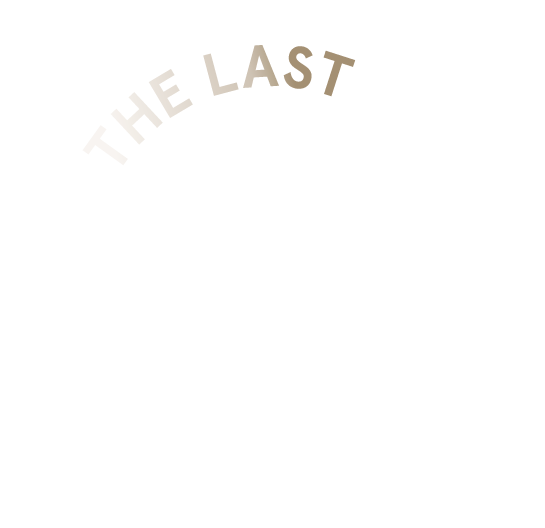
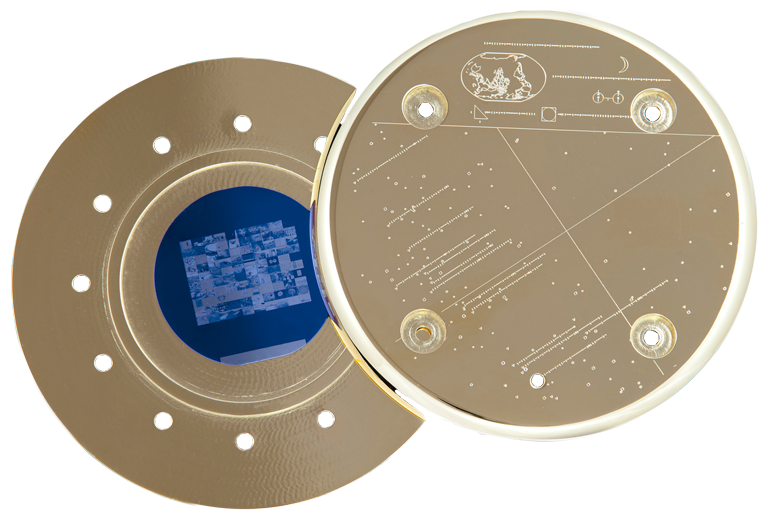
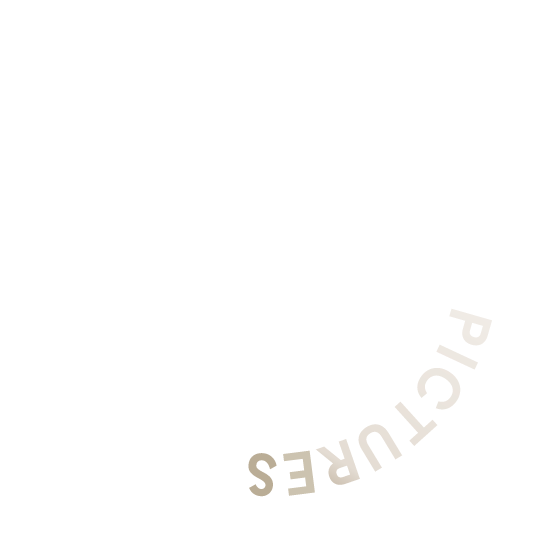
Trevor Paglen’s
portrait of humanityIn 1977, NASA selected a committee to decide what aliens should learn first about humans if they discovered we exist. The group – not the first optimistic NASA initiative of this kind – was headed by Carl Sagan, and chose images and sounds they believed to most fully “explain” or embody the human race. These were then engraved on a gold-plated copper disk (complete with phonograph-style playback instructions for the finder), and the Golden Record was launched into space aboard the Voyager 1 space probe.
Unsurprisingly this partly hypothetical, experiment in representing humanity attracted plenty of criticism at the time. And in 2012, 35 years on, the possibilities of semiotic self-representation were certainly due for a rethink. So the artist Trevor Paglen engaged other artists, scientists, anthropologists and philosophers in selecting The Last Pictures, 100 images to be nano-etched onto a tiny silicon wafer, strapped onto the television satellite Echostar XVI and launched into orbit, on the slim chance that an interstellar being finds it some day. (ew)
All images courtesy Trevor Paglen
-
Paglen worked with artists, scientists, anthropologists and philosophers, selecting 100 images to launch into space strapped to a TV satellite.

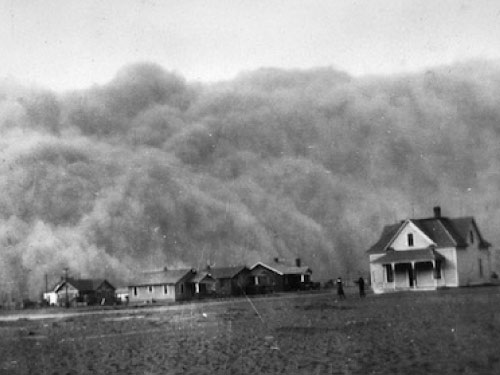

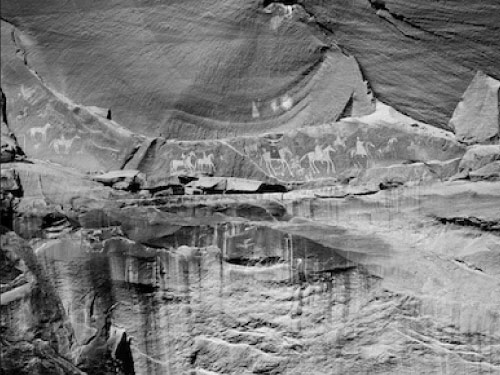

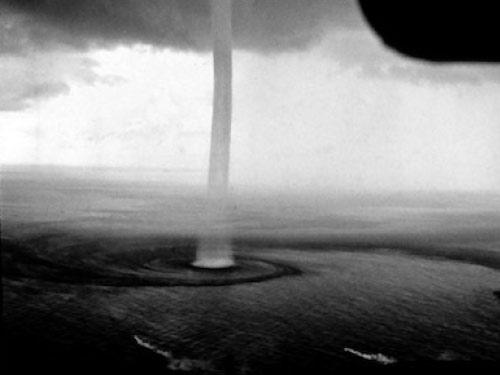
-
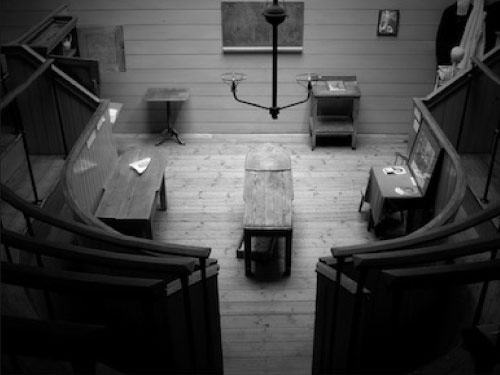

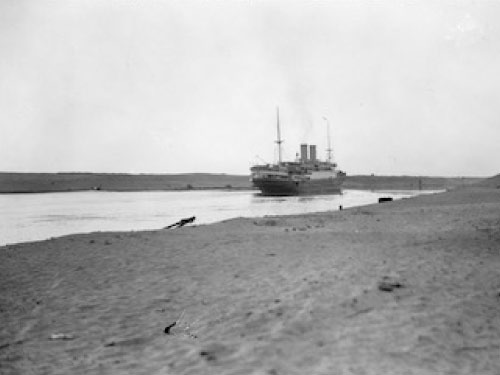
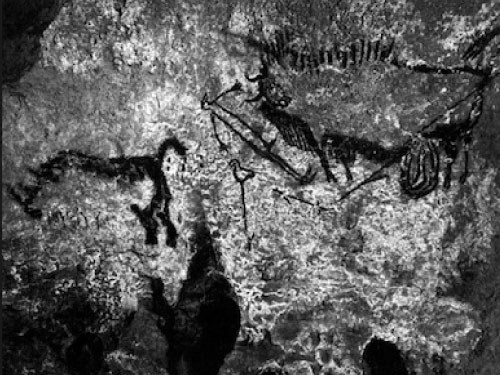

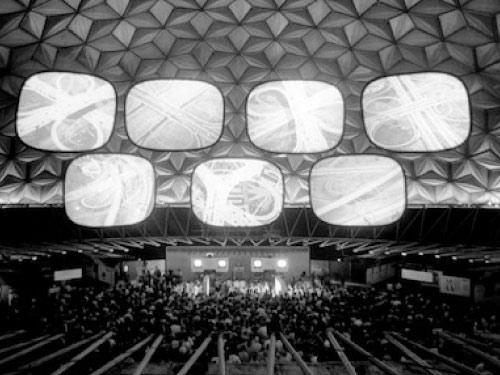
-
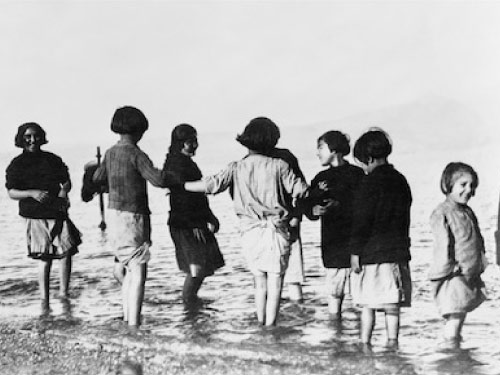

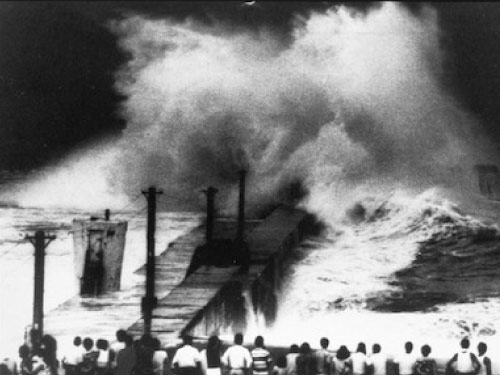

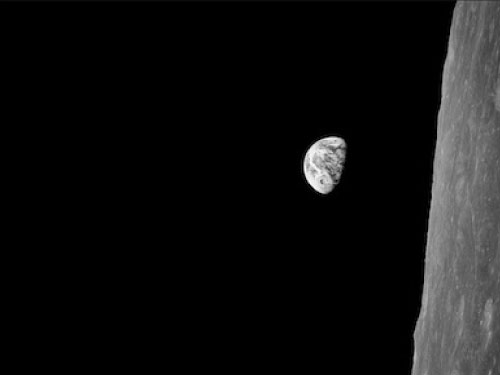

-
Search
-
FIND PRODUCTS
PRODUCT GROUP
- Building Materials
- Building Panels
- Building technology
- Façade
- Fittings
- Heating, Cooling, Ventilation
- Interior
- Roof
- Sanitary facilities
MANUFACTURER
- 3A Composites
- Alape
- Armstrong
- Caparol
- Eternit
- FSB
- Gira
- Hagemeister
- JUNG
- Kaldewei
- Lamberts
- Leicht
- Solarlux
- Steininger Designers
- Stiebel Eltron
- Velux
- Warema
- Wilkhahn
-
Follow Us
Tumblr
New and existing Tumblr users can connect with uncube and share our visual diary.
»What the map cuts up, the story cuts across.«
Michel de Certeau: Spatial Stories
Keyboard Shortcuts
- Supermenu
- Skip Articles
- Turn Pages
- Contents


